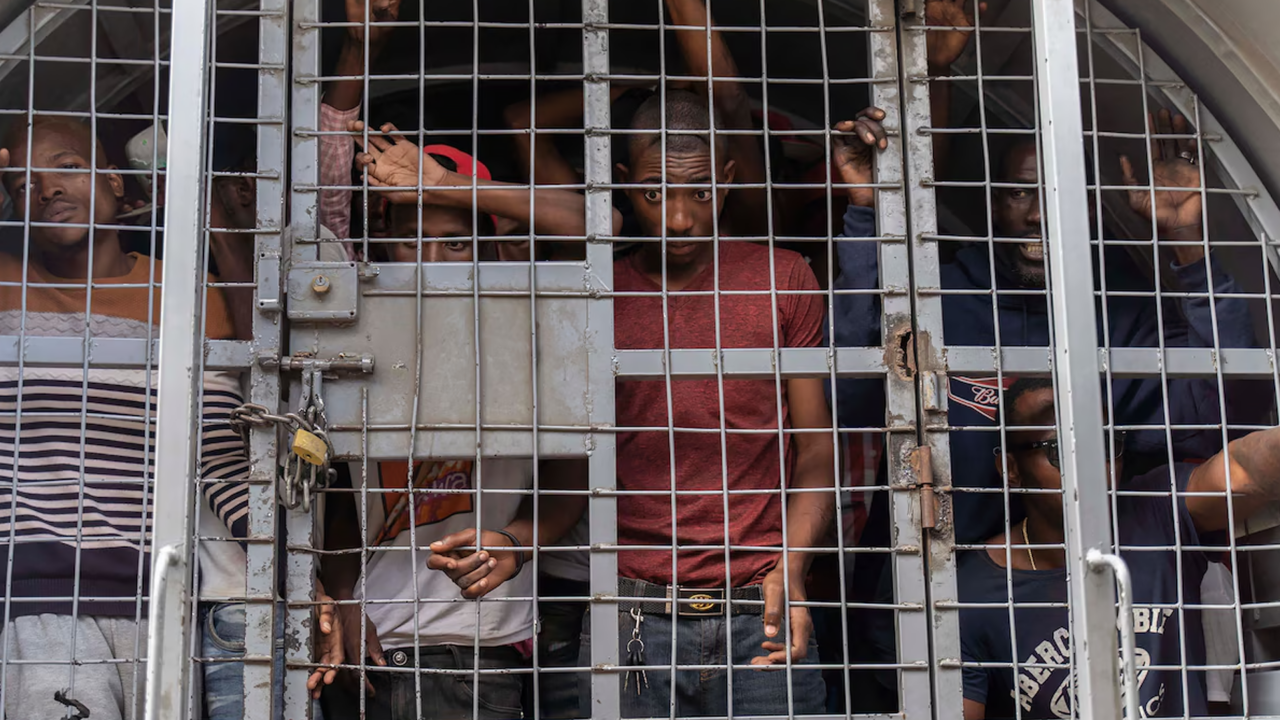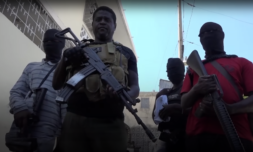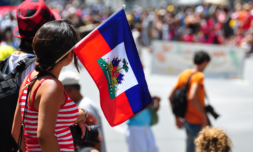In recent months, the Dominican Republic has ramped up its deportation campaign targeting Haitian immigrants, with plans to expel 10,000 each week. Why?
As Haiti remains engulfed in widespread gang violence and political instability, returning to their home country could lead to dire consequences, especially for vulnerable groups such as women and children.
Despite international outcry, the Dominican government is pressing ahead with its policy, further intensifying an already critical humanitarian crisis.
Haiti has long been in a state of turmoil, plagued by political corruption, economic collapse, and the rise of armed gangs who have seized control of major parts of the country. Since the assassination of President Jovenel Moïse in 2021, the violence has escalated with the country’s capital, Port-au-Prince, becoming a battleground for rival gangs.
The United Nations has repeatedly warned of the risks facing deported Haitians, particularly women and children, as these groups are highly susceptible to exploitation, abuse, and violence in Haiti’s current climate.
Gangs have gained control of significant territories, where they carry out kidnappings, killings, and other forms of terror, leaving the general population paralyzed in a state of chaos and fear.
For many Haitians, the Dominican Republic offered a temporary escape from the violent grip of gangs back home. However, with the Dominican government’s new deportation measures, these same folk are pushed back into a violent, uncertain reality.
The deportations themselves often take place in inhumane conditions also, with reports of mass round-ups, overcrowded detention centers, and a lack of due process for those being sent back to Haiti.
International human rights groups and the United Nations have condemned the mass deportations, accusing the Dominican Republic of violating international human rights law. It warns that sending people back to a war-torn nation is not only inhumane but also a violation of the principle of non-refoulement, which prohibits returning refugees to places where they face serious harm.
Amnesty International and other human rights organizations have called out racial undertones of the deportations, describing them as rooted in deep-seated anti-Haitian sentiment. For years, the relationship between Haitians and Dominicans has been strained, with a long history of discrimination and marginalization of Haitian immigrants. Human rights activists argue that the current crisis is fueled not just by concerns over immigration control, but by racism as well.
The ongoing conflict is exacting a heavy toll on Haiti’s youth. Schools have closed down in large swathes of the country, and some young people have been recruited by gangs, further fueling the cycle of violence. Others have fled, joining the thousands of migrants seeking refuge in the Dominican Republic and beyond.
Many activists argue that instead of deportation, countries like the Dominican Republic should work to provide temporary protective status to Haitian migrants, allowing them to stay legally while the situation in Haiti is addressed. They also urge the international community to take more decisive action to support the Haitian government.
For Haiti’s future, especially for its young population, the stakes could not be higher. Without meaningful intervention, the country risks losing an entire generation to violence, poverty, and displacement.
For Haitians living in the Dominican Republic, the deportation measures represent yet another chapter in a life of fear and uncertainty, a reality that can only change if the root causes of Haiti’s crisis are adequately addressed.
In the meantime, the clock is ticking for the thousands of Haitians in the Dominican Republic, caught between an unwelcoming host nation and a homeland in ruins.
Will Haiti reconsider its stance, or set a dangerous precedent for migrant management globally?

















